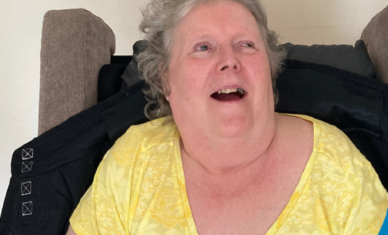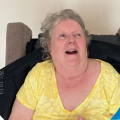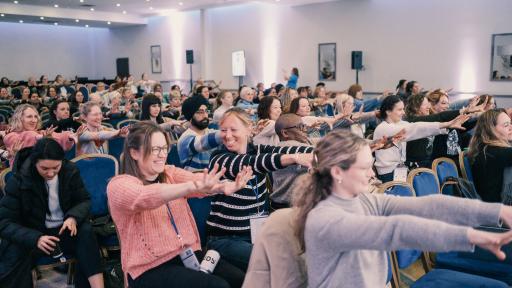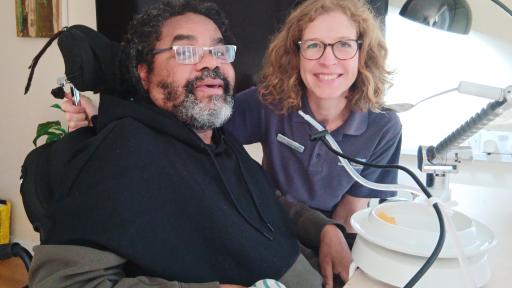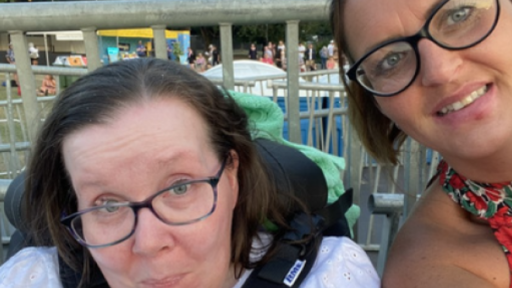Celebrating Conference 2025
The MS Trust proudly held the 28th annual conference in March 2025. The conference saw some of the best MS experts sharing their knowledge and insights, enabling us to put together a packed, varied and topical programme to best meet the audience’s needs.
